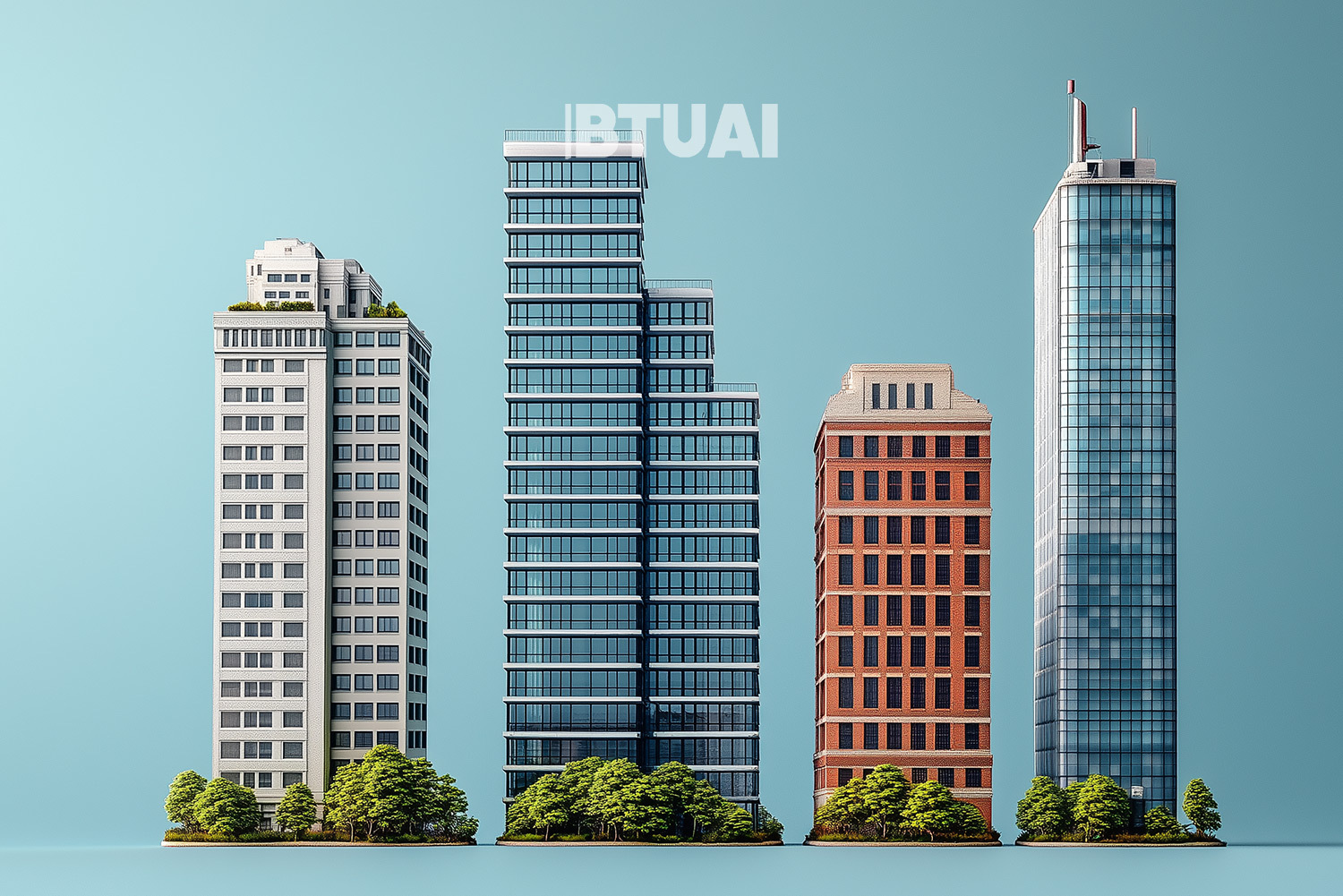The Commercial Real Estate Market in Tbilisi and Batumi
One of the key developments in the real estate market in 2024 has been the sharp increase in commercial

One of the key developments in the real estate market in 2024 has been the sharp increase in commercial rental prices along Tbilisi’s central streets. According to research conducted by TBC Capital, the average rent in the capital’s primary retail locations now exceeds $31 per square meter. This figure represents the highest level recorded in recent years and clearly reflects both the growth in demand and the limited supply of commercial real estate.
The study indicates that Rustaveli Avenue ($33.3) and Chavchavadze Avenue ($33.2) remain the most expensive locations in Tbilisi, which is unsurprising given that both streets serve as epicenters of tourism and economic activity. High foot traffic, proximity to metro stations, and a concentration of branded stores create a combination of factors that drives rental prices to their peak. A similar trend is observed in Batumi, where Gorgiladze Street leads the market with an average rental price of $29.4 per square meter. This suggests that Batumi is increasingly transforming into a consumer and commercial hub, particularly during the summer season and following significant upgrades to its tourist infrastructure.
It is important to note that the upward trend in rental prices is not solely a product of rising demand; supply shortages also play a crucial role. In 2024, only 29 permits were issued for commercial construction projects in Tbilisi—a relatively modest number considering the country’s level of economic activity. Nevertheless, with the issuance of these permits, it is anticipated that commercial space supply will increase over the next three to four years, potentially easing some of the current upward pressure on prices.
Against this backdrop, investor interest in Tbilisi’s real estate market remains unequivocally strong. High rental yields offer attractive returns for those investing in commercial properties. On the other hand, the current price dynamics may present challenges for small and medium-sized enterprises, particularly for local producers and retailers who find it increasingly difficult to compete with international brands under high rental deposit requirements.
Another important factor is that the price increases do not merely represent short-term volatility; rather, they reflect an established trend closely linked to economic growth, the revival of tourism, and urban development. Consequently, it is likely that property values along the central streets of Tbilisi and Batumi will continue to follow an upward trajectory in the near future—unless a major economic adjustment occurs at the global or regional level.
Thus, 2024 stands as a pivotal year for analyzing the commercial real estate market. It highlights both the long-term economic potential of Tbilisi and Batumi as emerging economic centers and the accompanying challenges associated with rapid growth: price inflation, supply-demand imbalances, increased competition, and the limits of urban infrastructure capacity.




